You’ve crushed your workout, but the real gains happen during recovery. If you often wake up sore and stiff, or your progress stalls because you’re still fatigued from your last session, it’s time to prioritize faster recovery so you can train consistently and see real results.
Here’s how to recover quickly after working out and support your muscles to bounce back stronger.
Why Recovery Matters
Recovery isn’t about sitting still. It’s the essential phase where your muscles repair, adapt, and grow. Without effective recovery, your workouts can feel harder, soreness can linger, and injuries can creep in. By improving your recovery habits, you can train harder and see progress without burning out.
1. Optimize Sleep for Fast Recovery
Sleep is your body’s most powerful recovery tool. During deep sleep, your body releases growth hormone, which helps rebuild muscle tissue and repair microtears from training. Aim for 7–9 hours of quality sleep each night and keep a consistent sleep schedule to accelerate recovery.
2. Refuel Your Body
Eating the right nutrients after your workout helps speed up muscle repair. Focus on:
-
Protein: Supports muscle rebuilding (chicken, eggs, Greek yogurt, whey).
-
Carbohydrates: Replenish glycogen stores (rice, oats, fruits).
-
Hydration: Dehydration slows recovery. Drink water and consider adding electrolytes if your workout was intense or included heavy sweating.
A post-workout smoothie with protein powder, banana, and almond milk is a quick, effective option.
3. Active Recovery Works
Total rest isn’t always the fastest path to recovery. Incorporate light activity like walking, gentle yoga, or an easy bike ride on rest days to increase blood flow, which helps deliver nutrients to sore muscles and remove waste products.
4. Stretch and Foam Roll
After workouts, take 10–15 minutes to stretch major muscle groups and use a foam roller to reduce muscle tightness. This can help decrease soreness and improve flexibility, which aids in faster recovery and better performance in future sessions.
5. Hydrate and Balance Electrolytes
Water supports all recovery processes, including nutrient transport and joint lubrication. After heavy sweating, replenish sodium, potassium, and magnesium using electrolyte tablets or a simple recovery drink, especially in hot climates or after high-intensity workouts.
6. Try Contrast Showers or Cold Exposure
Alternating hot and cold showers, or using an ice bath for 5–10 minutes, may help reduce muscle soreness and inflammation, speeding up the recovery process. This is particularly useful after intense leg or full-body sessions.
7. Consider Supplements Wisely
While whole foods should be your foundation, some supplements can support recovery, such as:
-
Creatine: Helps with recovery and performance.
-
Omega-3 fatty acids: May reduce inflammation.
-
Magnesium: Supports muscle relaxation and sleep.
Always consult your healthcare provider before starting supplements, especially if you have underlying conditions.
8. Listen to Your Body
One of the most overlooked parts of recovery is tuning into what your body needs. If soreness is intense or lingering, consider adjusting your workout volume, increasing rest, or seeking professional guidance.
My Personal Experience
After years of chasing PRs and ignoring recovery, I learned the hard way that more isn’t always better. When I finally prioritized sleep, added active recovery days, and focused on post-workout nutrition, I noticed I could lift heavier, train consistently without injury, and actually look forward to my sessions. My soreness became manageable, and my motivation stayed high because I felt ready, not wrecked, each time I stepped into the gym.
Quick Tips to Speed Up Muscle Recovery:
Get 7–9 hours of quality sleep
Eat protein and carbs within 1–2 hours post-workout
Stay hydrated with water and electrolytes
Use foam rolling and stretching
Add light activity on rest days
Consider cold therapy for soreness
Listen to your body’s signals
Final Thoughts
Recovering quickly from workouts isn’t about fancy gadgets or extreme methods—it’s about consistent, smart habits. By prioritizing sleep, nutrition, hydration, and active recovery, you’ll support your body’s natural repair processes, helping you train harder, stay injury-free, and see results faster.
Start with one or two of these strategies today, and you’ll be surprised how much better you feel, how much stronger you get, and how much more you enjoy your fitness journey.

















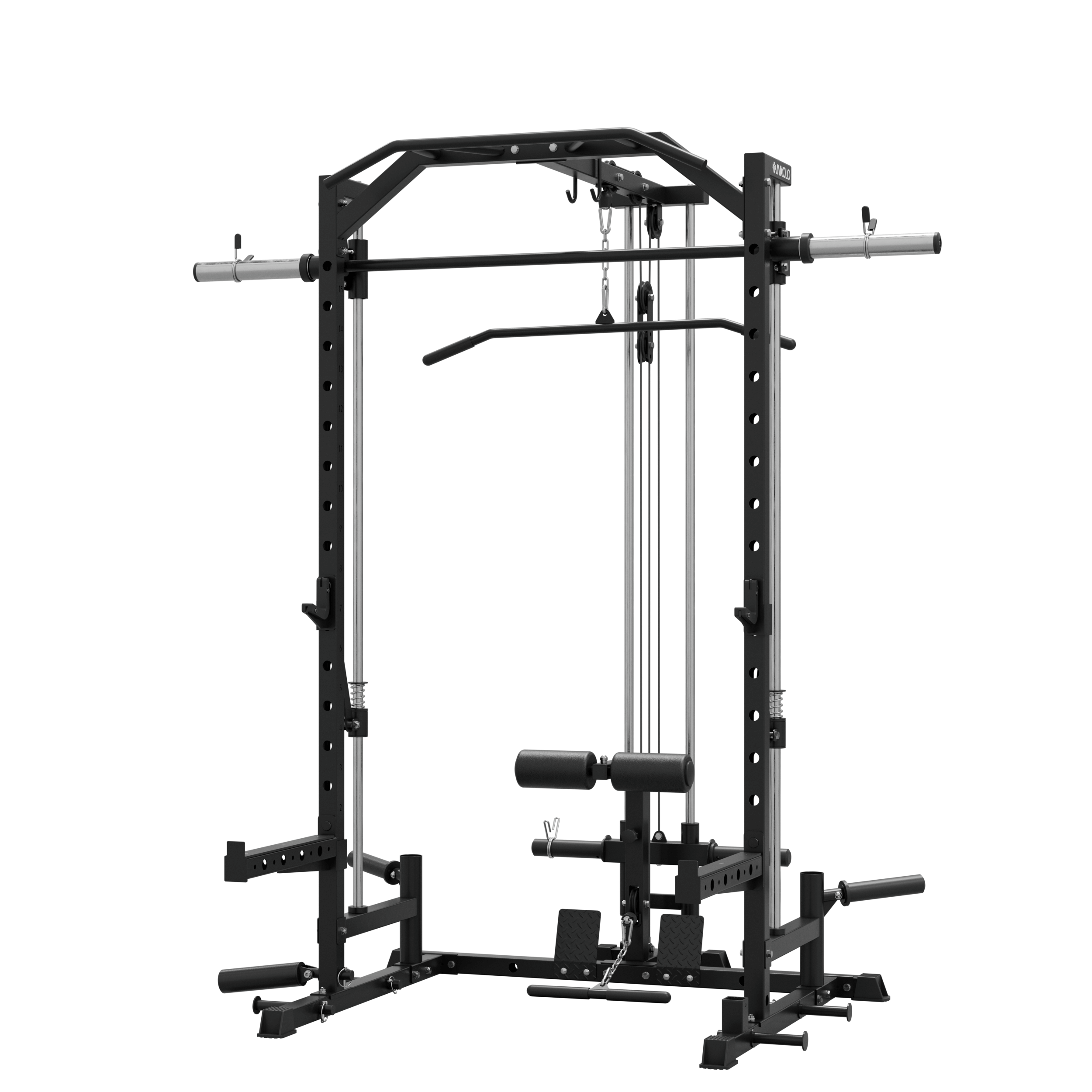


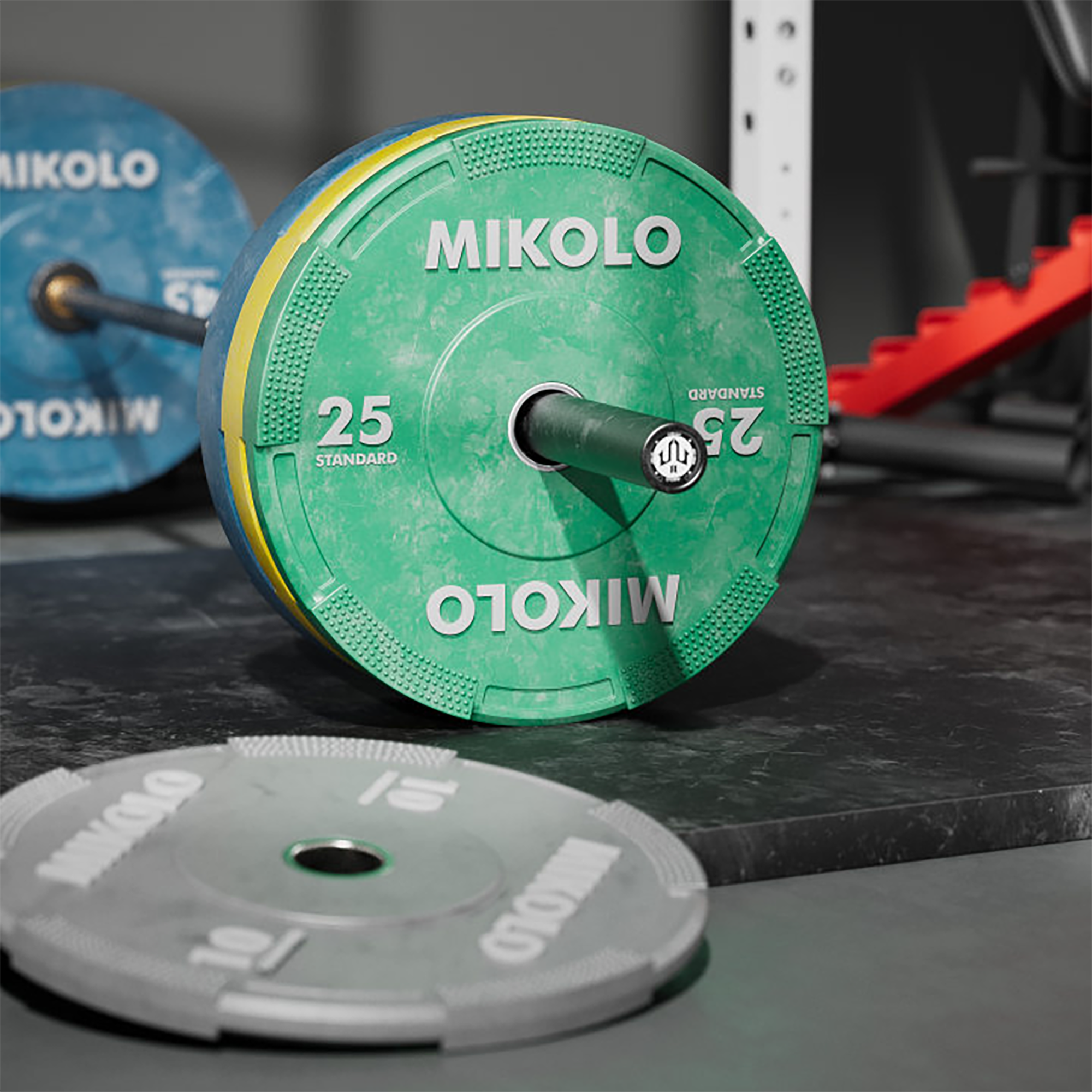







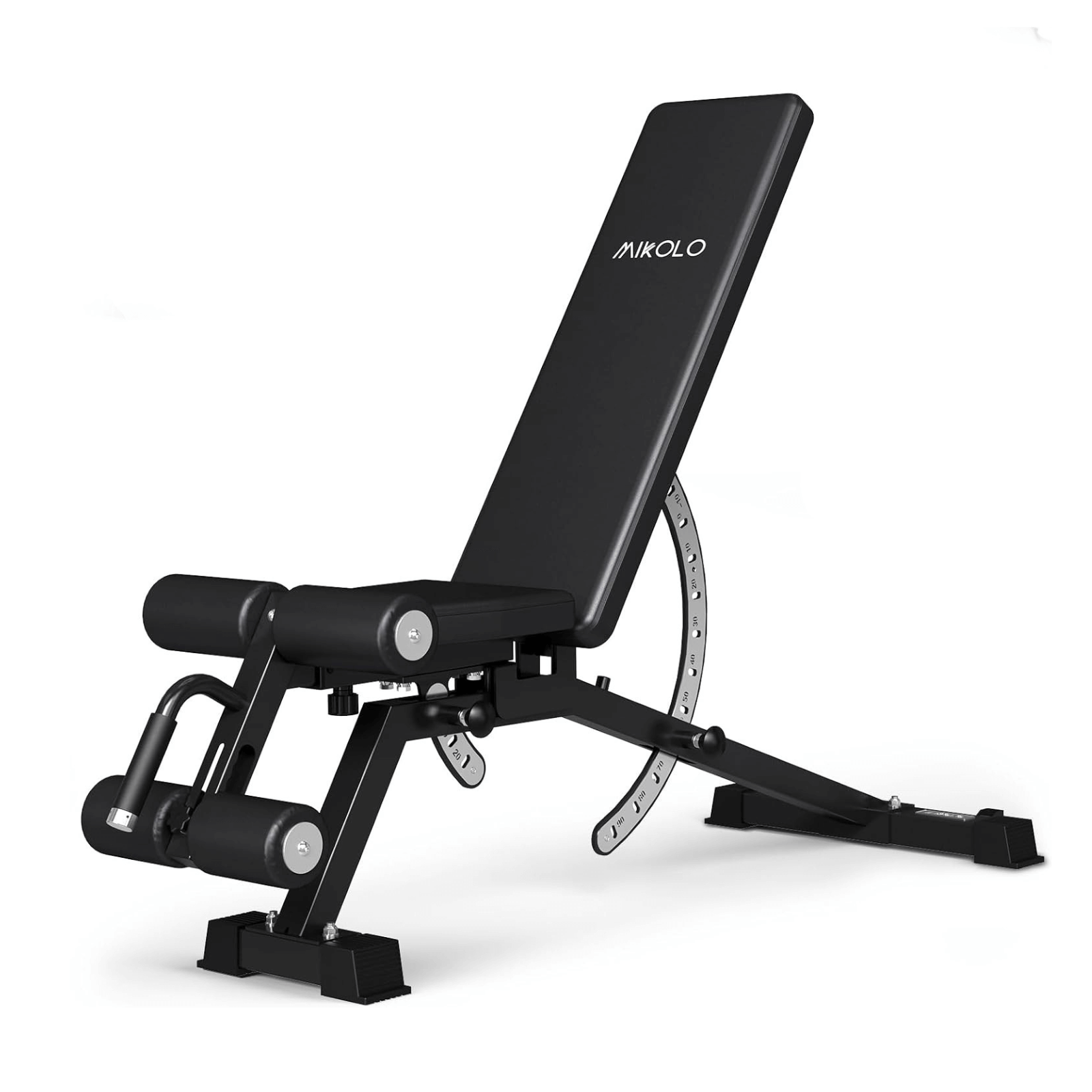




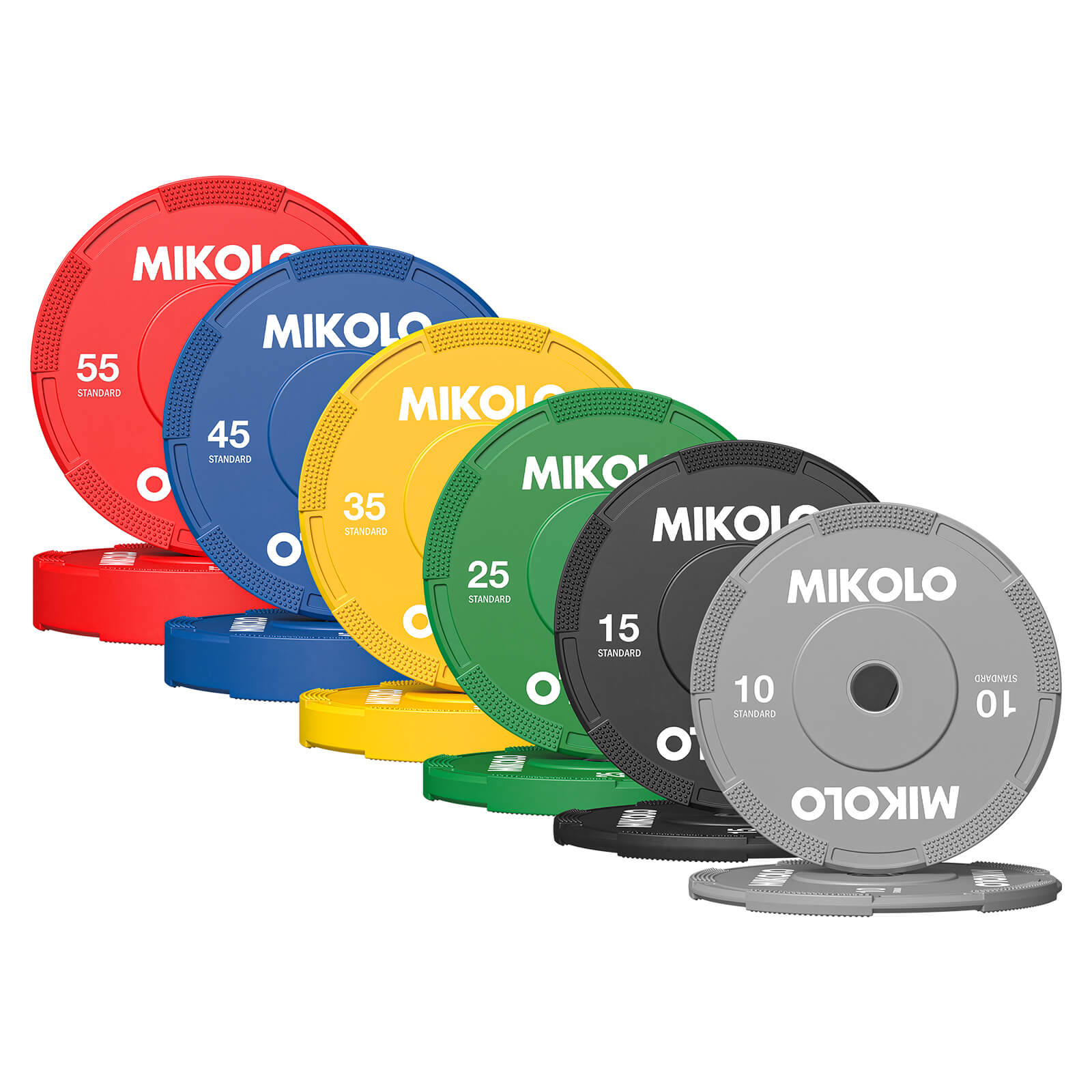


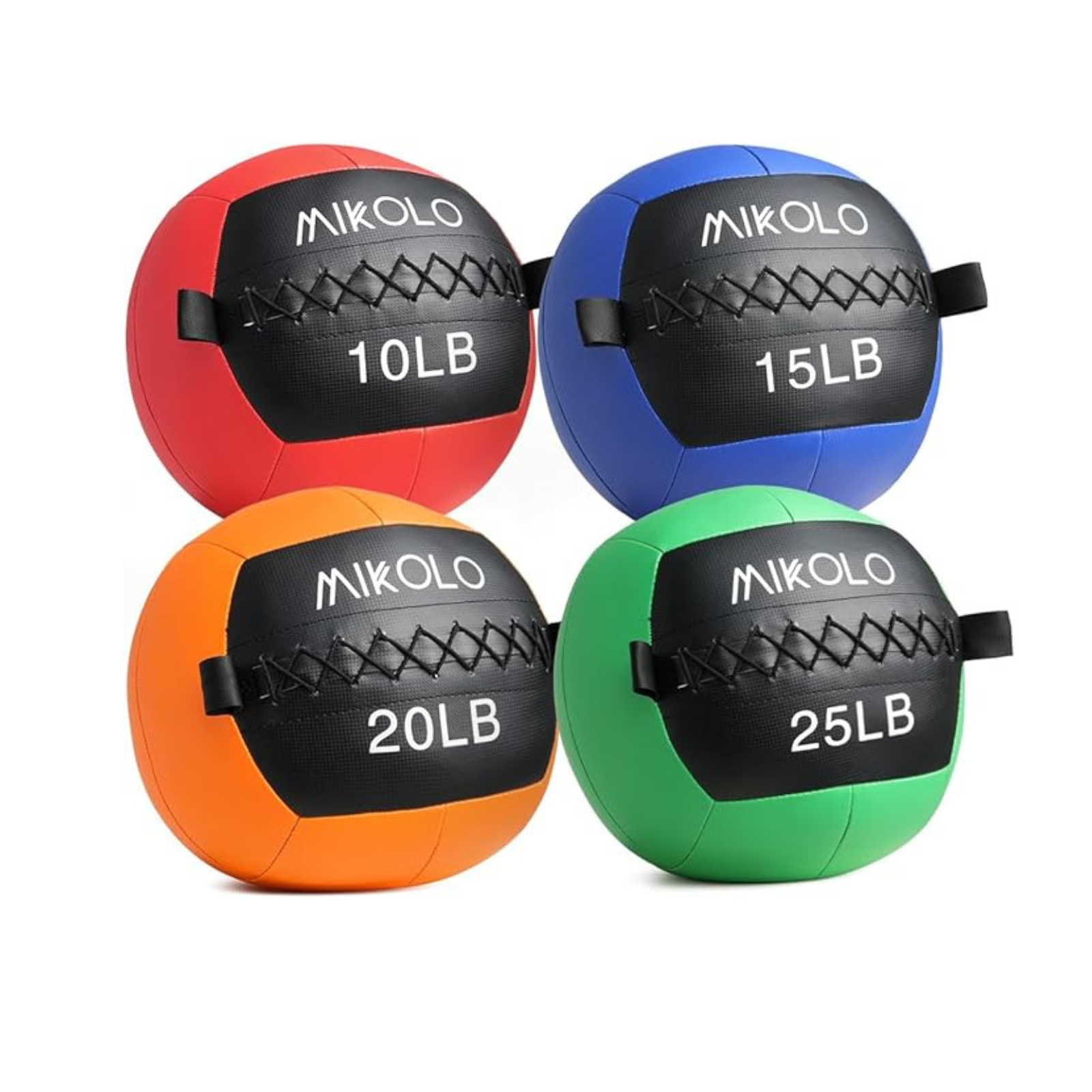
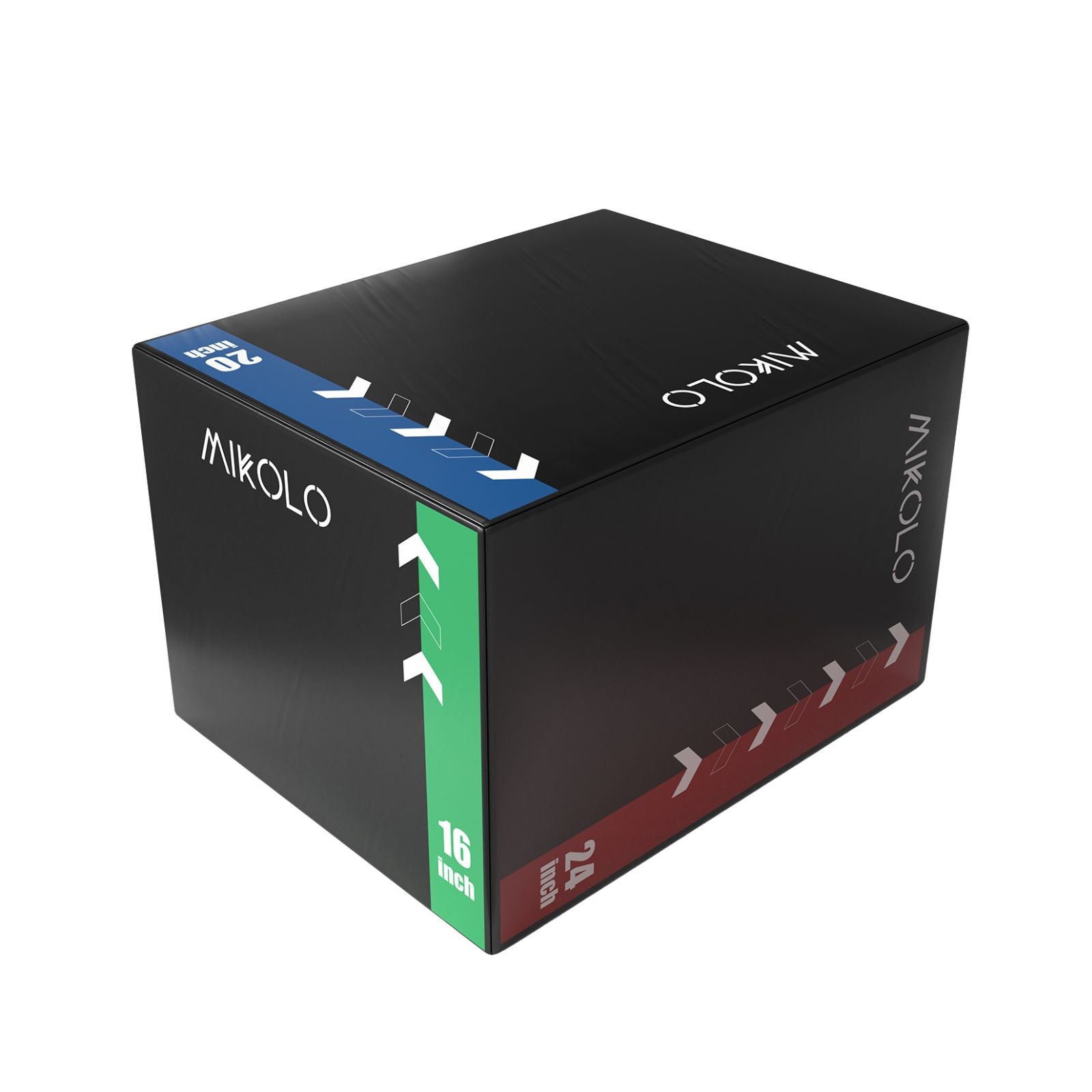







Leave a comment
This site is protected by hCaptcha and the hCaptcha Privacy Policy and Terms of Service apply.